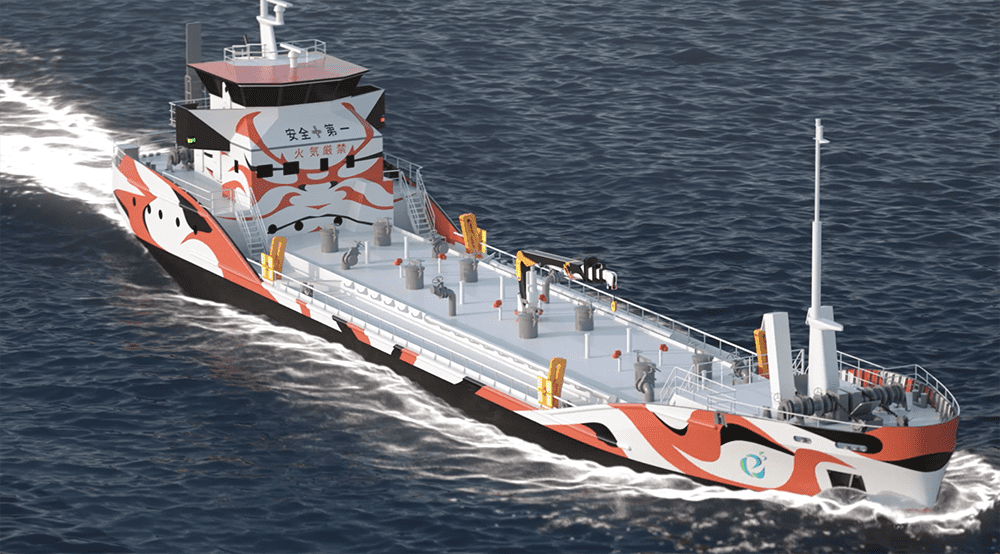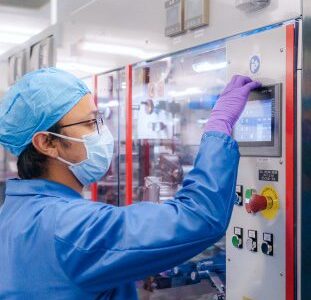The electrification era is here. It often seems that discussion over the world’s divergence from fossil fuels is everywhere we look, whether it be a nightly cable news piece on charging networks or the unending Twitter-based discussion on Elon Musk’s ideas for increasing efficiency at Tesla. Where electric transportation was once a niche topic reserved for tech-obsessed futurists and environmentalists, it now feels like any person could give a couple of points regarding the impact these vehicles have on the planet.
Even with this topic being ever-present in today’s culture, a few blind spots remain around the scope. Most notably is the idea that cleaning up transportation emissions is a task limited to cars and trucks. Although those sources make up the majority of transportation-related pollution — 83% of America’s transportation emissions in 2020 came from passenger cars and light to heavy-duty trucks — the remainder will still require attention for the country to achieve net-zero carbon status by the year 2050.
The nation’s shipping industry is a prime example of this. While boat-related emissions only made up about 2% of the American transportation sector’s total in 2020, that percentage represented an equivalent of 32 million tons of carbon dioxide in that year. That number is down from as high as 47 million in 1990. Solving that sector’s carbon problem will still amount to a significant number of cars off the road, higher air quality in port cities, and better respiratory health for those who live nearby. Thankfully, this process is already underway in the Pacific Northwest, as Norwegian maritime battery producer Corvus Energy has been approved to open a plant in Bellingham, WA.
A few miles north of Seattle, Bellingham will be the site of a new factory designed to manufacture marine batteries.
Corvus is betting on the idea that full-scale electrification will become a long-term global ethos rather than a fleeting trend, making way for a currently unseen demand for electric-powered cargo ships and passenger ferries.
In that event, ships made and operating around America’s western seaboard will likely get their power source from plants like this one for the better part of the next several decades.
In the eyes of Corvus CEO Geir Bjørkeli, any risk involved in the company’s Bellingham investment will be well worth it for the chance at a future where the company’s Orca Energy systems power ships all across the American Pacific. “It’s important to be part of the green shift in the United States and deliver U.S.-made products,” said Bjørkeli.
The Bellingham site will produce the Orca power systems, a battery that is currently in use in 250 ships around the world. Corvus will occupy an existing 20,000-square-foot facility for the operation. Though the lack of need for a new building means fewer jobs created in construction, Corvus expects to create 20 full-time jobs for Bellingham residents once the plant opens for business at the end of the year.
This opening is not Corvus’s first venture in the region. The company was founded in Vancouver despite Norwegian ownership and initially opened up an office in Seattle in 2018. It has arrived not a second too late, following the Washington state government’s approval of a multi-year transportation funding package, including a $1.3 billion plan to buy several hybrid electric ferries. These ships will be prime candidates for Orca batteries once constructed.





